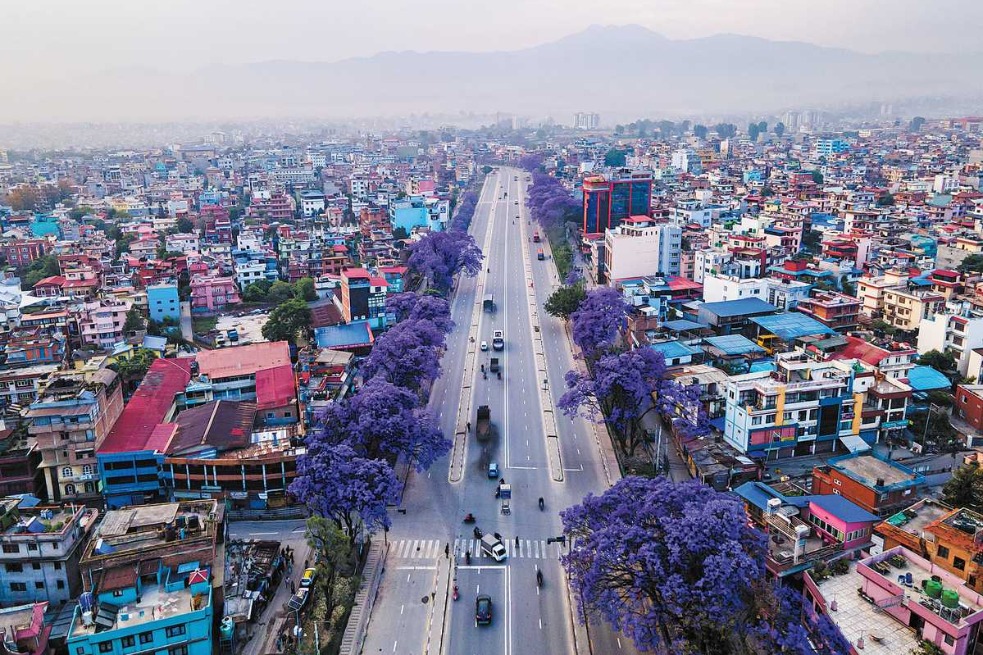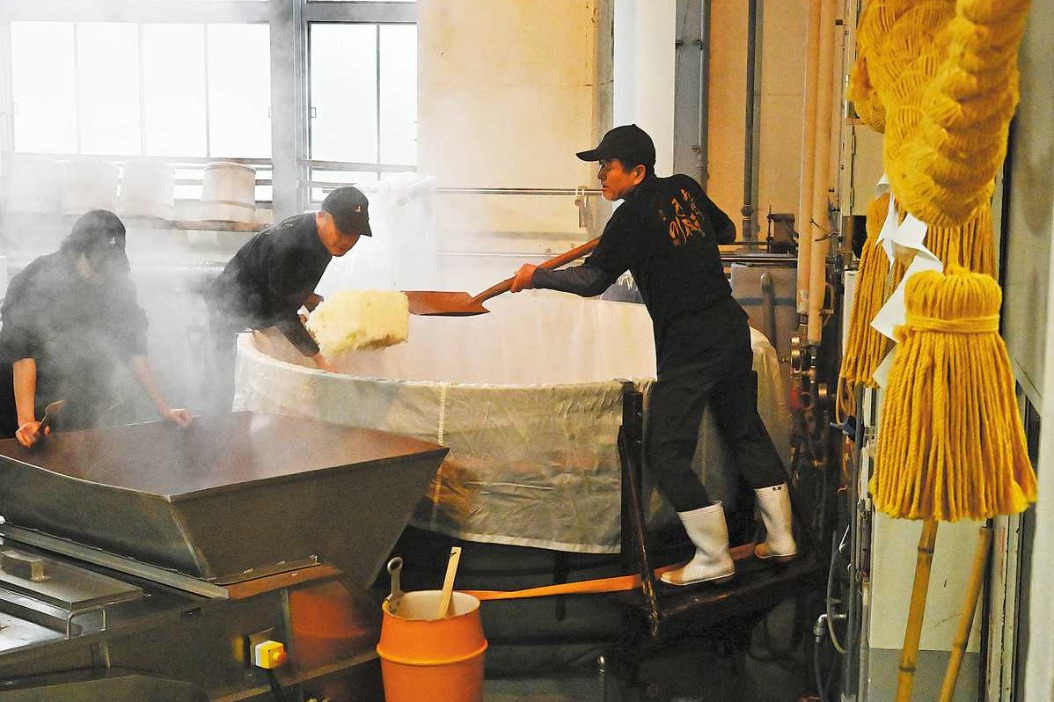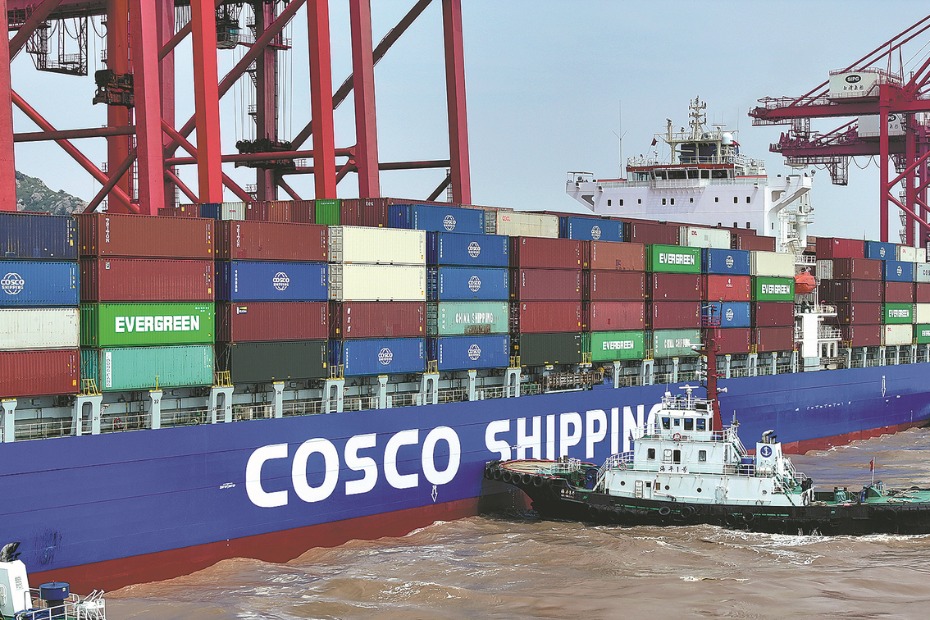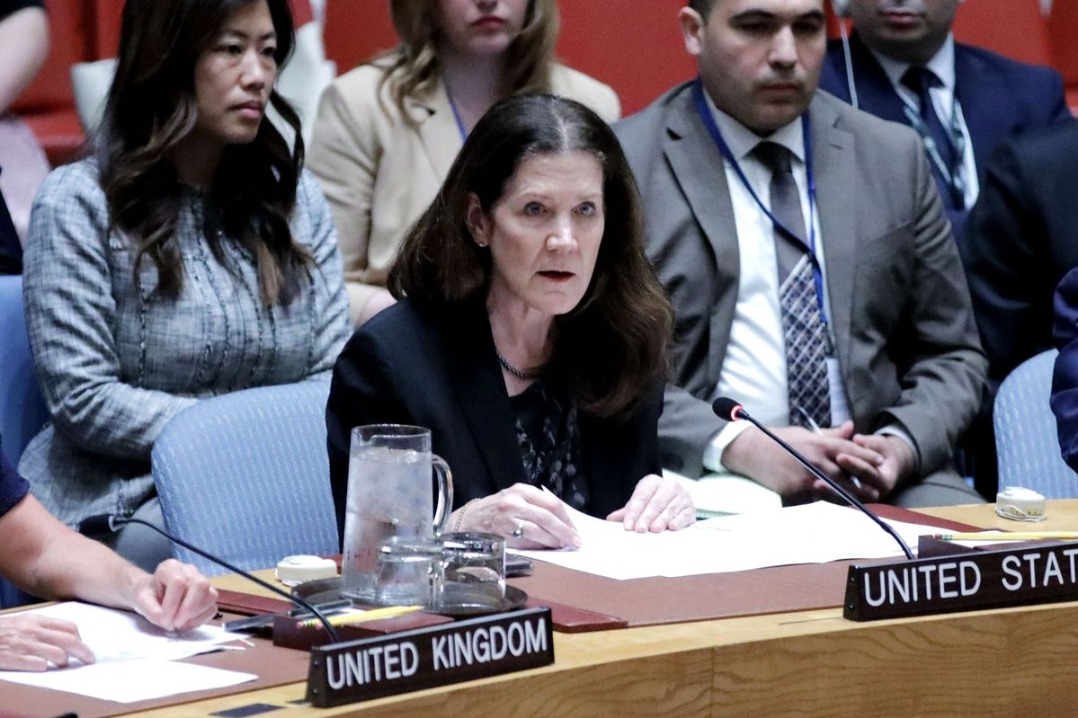An oasis for digital nomad
Nepal eyes tourism, economic boost with new visa policy for remote workers worldwide

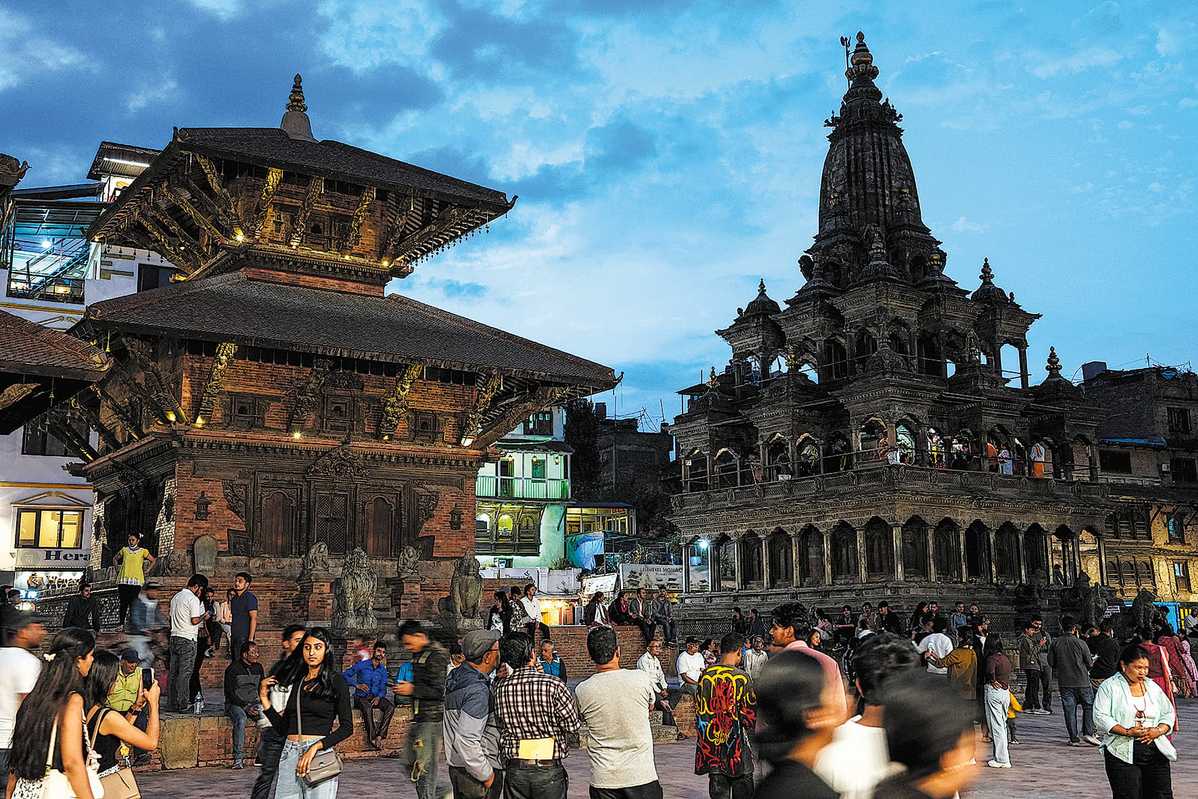
Boosting tourism
Deepak Raj Joshi, CEO of Nepal Tourism Board, said the board has been advocating for digital nomad tourism for the last couple of years. He explained that current tourist visa rules do not allow for extended stays — which has been a limitation for this growing segment of travelers.
According to Joshi, the trend of working from travel destinations has grown rapidly in recent years. He believes Nepal can benefit economically from this trend, especially considering its welcoming culture, favorable climate and vibrant lifestyle.
Nepal offers an appealing environment for digital nomads, with access to cafes, pubs and a wide range of cultural festivals.
Joshi emphasized that the policy will promote longer tourist stays and attract individuals with strong earning potential, particularly those working in information and technology.
He argued that digital nomads typically have disposable incomes and are high-quality tourists. Therefore, Nepal should act quickly to implement the proposed policy and capitalize on this opportunity.
Experts also highlighted the need for a robust digital public infrastructure to ensure digital nomads can work without interruption in Nepal.
Chiranjibi Adhikari, senior vice-president of the Federation of Computer Association Nepal, welcomed the government's decision, saying it would boost the country's digital economy. He asserted that the policy is feasible under the current infrastructure, but recommended that the government include private sector representatives and form an expert committee to prepare implementation guidelines.
He also urged the government to promote foreign direct investment in the information and technology sector to support the policy.
Currently, 4G services provided by Nepal Telecom and Ncell have reached all 77 districts in the country. Although a 5G trial has been conducted, telecom operators — facing declining revenues — have indicated that they require government support to develop the necessary infrastructure due to the high costs involved.
The Kathmandu Post, Nepal

















